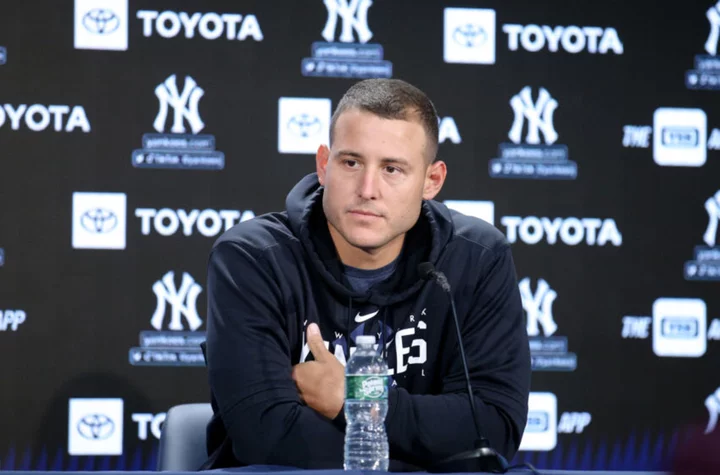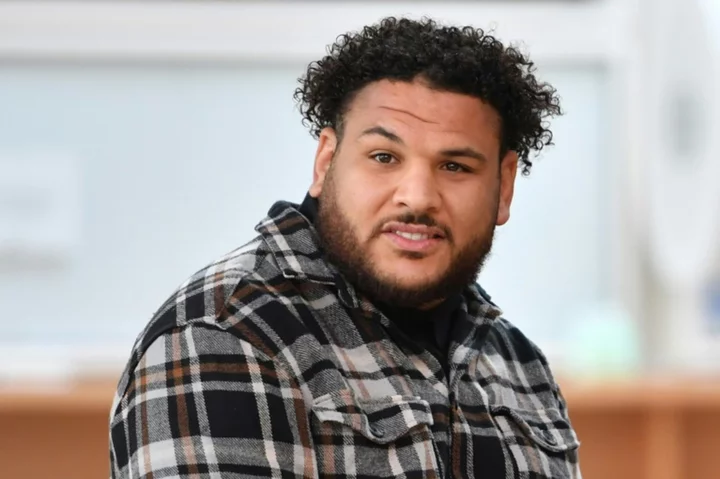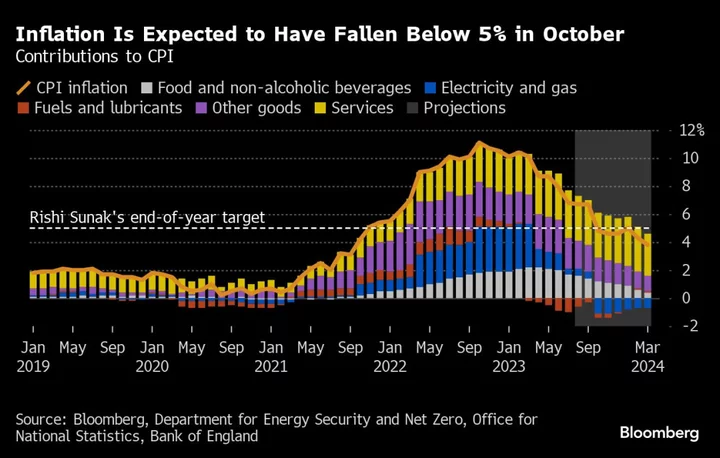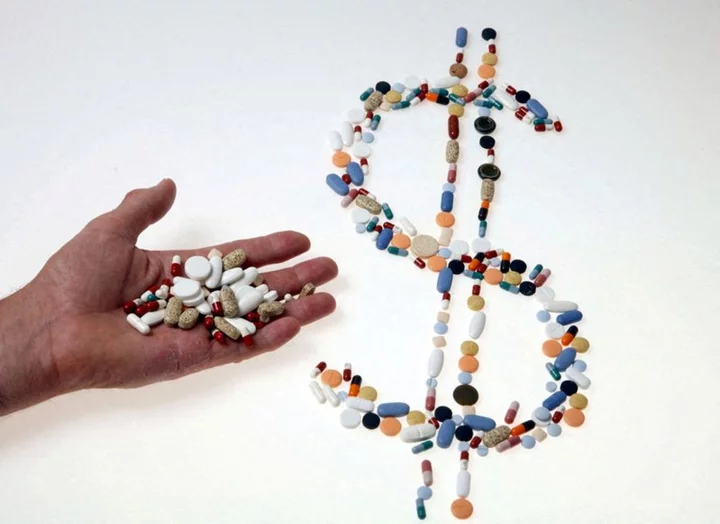Anthony Rizzo was diagnosed with post-concussion syndrome months after he suffered a related injury. Here's why it went so long undiagnosed.
A not-so-funny running joke about the New York Yankees is their injury luck and a perceived lack of competence of its medical department.
While those critiques are short-sighted and lack context about the complications and nuance of medical diagnostics, particularly in a physically high-performance environment like sports medicine, the narratives have been hard for New York to shake.
After all, Aaron Boone told fans Jose Trevino was physically fine. Then, he underwent season-ending surgery for an injury that had existed since the start of the season.
Such incidents have led fans to be distrustful of Boone and the team's storytelling around injuries, with something as simple as a lack of hustle from Giancarlo Stanton coming off as a complex lie the organization is spinning to cover up.
Another figure just recently is Anthony Rizzo's now-diagnosed post-concussion syndrome.
Rizzo suffered a concussion way back in late May related to a collision on a pick-off attempt with Fernando Tatis Jr.
Rizzo hit the injured list on August 3. That's 67 days of this syndrome (assuming an onset right at the point of the injury, so the true duration may be more like 50-60 days), which has clearly impacted Rizzo's performance, going undiagnosed.
Here's Rizzo's explanation of why it went so long.
Anthony Rizzo discusses why his post-concussion syndrome went undiagnosed for so long
Chris Kirschner of The Athletic had an exclusive Q&A session with Rizzo that was transcribed and published in its entirety (subscription required).
Here is the excerpt where Rizzo explained why it took so long for the injury to go checked:
I don't think anyone missed it, honestly. We did the test. I passed the concussion test. I sat out for four days, played, felt fine and didn't feel anything. Even talking to the neurologists, they said with concussions sometimes, it's the aftereffects. Maybe the brain wasn't fully healed. As far as registering as a concussion, there were no signs of that. The way they handled it, the Yankees, I loved the way they handled it. They trusted me. I trusted them. We went on and played. Just talking with them and having dialogue, it's not like an ankle injury where you feel the ankle injury all of the time. This is a brain injury where I've played this game for 17 professional seasons. The grind of the season wears on you always. Do you ever get tired throughout the year? Yes. Do you ever get fogginess throughout the year? Yes.
This is an important point from Rizzo in regard to the Yankees medical staff. Mecidine is notoriously difficult because it requires some buy-in and prompting from the patient for doctors to truly understand the breadth of the issue and properly treat the injury.
As Rizzo explained further in the Q&A, in a field like professional sport, sometimes the patients are reluctant to speak up because of the nature of competition. Admitting injury can feel like admitting weakness, and most pro athletes would rather, 'play through it' than sit down and admit injury, because it can feel like defeat.
In those cases, doctors may not even know there's something to be treated.
That said, Rizzo's performance has been ghastly bad. It's still curious to look at his results, know about the post-concussion syndrome, and believe that trained medical professionals couldn't connect the dots earlier.
Regardless, the patient feels OK with the process, and at the end of the day, that's what's most important.









